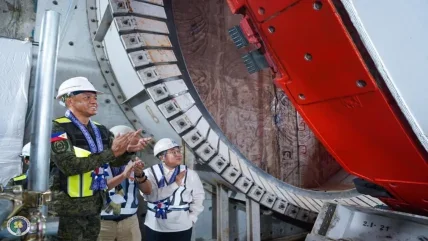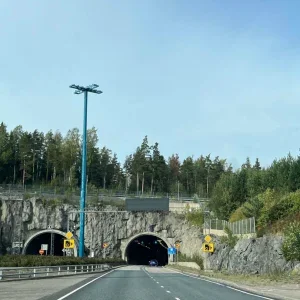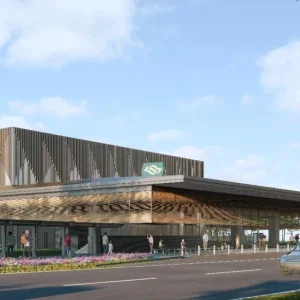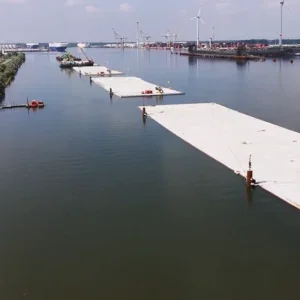
The Metro Manila Subway Project (MMSP) has advanced further with the launch of a new tunnel boring machine (TBM) at the Camp Aguinaldo Station.
The JIM Technology TBM was launched by the Department of Transportation (DOTr) and the Armed Forces of the Philippines (AFP).
MMSP’s Contract Package 103, built by Sumitomitsui Construction, will use four TBMs. These machines will tunnel 6.5km for two underground Anonas and Camp Aguinaldo stations and associated tunnels.
JIM Technology TBM is said to be the fifth TBM for the Metro Manila Subway project, which includes 17 stations.
The other four TBMs are already operating for CP101, tunnelling for four stations in the north, Quirino Highway, Tandang Sora, North Avenue, and East Valenzuela.
Transportation Undersecretary Jeremy Regino said more TBMs will be deployed soon to speed up the completion of the country’s first underground rail system.
Regino said: “We will continue to add more tunnel boring machines. We expect the 19 TBMs to be operating in the coming years, to expedite construction of this subway project.”
He added that despite a limited 2025 budget, DOTr will accelerate railway construction to ease traffic in Metro Manila and nearby areas.
The transport executive assured that the DOTr will resolve issues, including right-of-way, to fast-track major projects.
Armed Forces Chief General Romeo Brawner stated that the Metro Manila Subway Project will transform the country’s transportation landscape.
Brawner said: “Our soldiers, our civilian staff, and their families will have increased access to reliable transit, allowing us to respond with greater speed and efficiency during emergencies.”
As of December 2024, the Metro Manila Subway’s construction is 18.24% complete.
Touted as the Philippines’ ‘Crown Jewel’ of mass transit, the 33km subway will span eight cities, from Valenzuela City to FTI-Bicutan in Parañaque.
Upon completion, the metro project is expected to reduce travel time from Valenzuela to Pasay City from one hour 38 minutes to just 45 minutes, serving over half a million passengers daily.
Construction of the MMSP began in 2019 and is expected to transform public transit by 2029 while being operated under the Department of Transportation.







